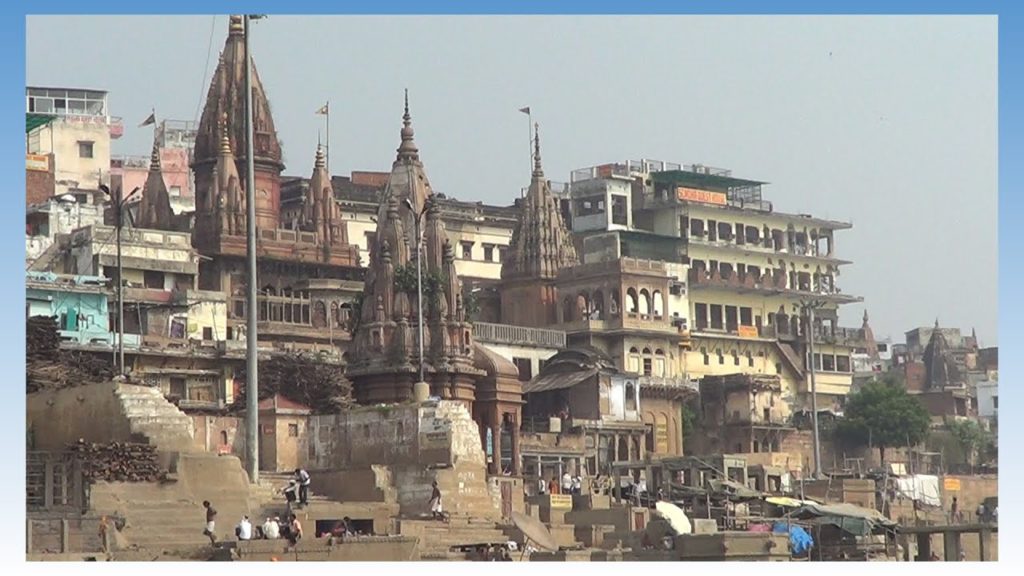In Hinduism, the river Ganges is considered sacred and is personified as a goddess known as Ganga. It is worshipped by Hindus who believe that bathing in the river causes the remission of sins and facilitates Moksha (liberation from the cycle of life and death). Several places sacred to Hindus lie along the banks of the Ganges, including Gangotri, Haridwar, Allahabad and Varanasi. The Ganges, also called Ganga, is a trans-boundary river of Asia which flows through India and Bangladesh. The 2,525 km (1,569 mi) river rises in the western Himalayas in the Indian state of Uttarakhand, and flows south and east through the Gangetic Plain of North India into Bangladesh, where it empties into the Bay of Bengal. It is the third largest river by discharge. The Ganges was ranked as the fifth most polluted river of the world in 2007.
The story of Ganga’s descent on Earth appears in slightly different forms in Ramayana, Mahabharata and the Puranas. The most interesting legend about River Ganga revolves around a king: Sagara, his sons, grandson (Ansuman) and the great grandson, Dilip, Bhagirath. Bhagirath, great grand son of Sagara is believed to have brought Ganga to earth by performing penance and praying Lord Shiva for several years.
Kashi Vishwanath Temple is one of the most famous Hindu temples and is dedicated to Lord Shiva. It is located in Varanasi, Uttar Pradesh, India, the holiest existing place of Hindus. The temple stands on the western bank of the holy river Ganges, and is one of the twelve Jyotirlingas, the holiest of Shiva temples. The main deity is known by the name Vishwanatha or Vishweshwara meaning Ruler of the universe. The temple town, which claims to be the oldest living city in the world, with 3,500 years of documented history. The temple is widely recognized as one of the most important places of worship in Hindu religion and most of the leading Hindu saints, including Adi Sankaracharya, Ramakrishna Paramhansa, Swami Vivekananda, Goswami Tulsidas, Swami Dayananda Saraswati and Gurunanak have visited the site. A visit to the temple and a bath in the river Ganges is one of many methods believed to lead one on a path to Moksha (liberation). Out of 12 Jyothirlingas in India, Kashi Vishwanath is considered as 11th Jyothirlinga.


AloJapan.com